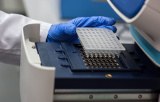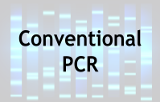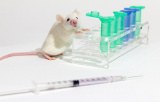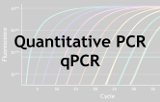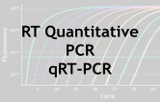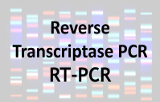The PCR technique (for Polymerase Chain Reaction) is widely used in molecular biology. The principle of PCR is to use an enzyme, a polymerase, to duplicate in large numbers a known DNA or RNA sequence from a small quantity. This is done by repeating temperature transition cycles. As a general rule, each cycle consists of 3 steps: denaturation, hybridization and elongation.
Steps of PCR
The denaturation phase consists in separating the 2 DNA strands in order to prepare the next step. The hybridization step allows the sense and antisense primers to hybridize to the DNA matrices (the 2 strands separated during denaturation). The time and temperature of this step varies according to the sequence of the primers. The elongation phase allows the polymerases to synthesize the complementary strand of the DNA matrix. This new strand is synthesized from the free dNTPs present in the reaction medium. The duration of this step depends on the length of the sequence to be amplified.
Types of PCR
There are now different types of PCR such as classical PCR, RT-PCR which allows to use RNA as a starting point using a reverse transcriptase, quantitative real-time PCR or qPCR which allows to measure the amount of polymerized DNA at each cycle (in real time) using a fluorescent marker.


